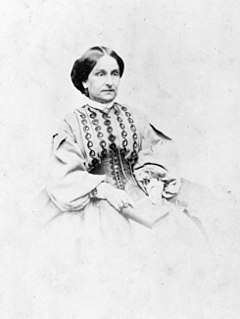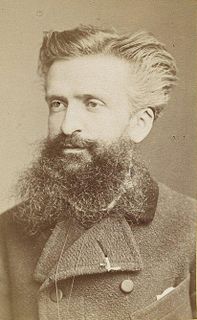A Quote by George Washington
When one side only of a story is heard and often repeated, the human mind becomes impressed with it insensibly.
Related Quotes
A poison can hardly be called safe if for some reason specific to me it's ineffective against, say, my body. But the power of story on the human mind is such that anecdote is often more persuasive than numbers. That's why news stories often concretize the impact of a change in government policy by following the story of one person.
We brainstorm an idea and then we do flesh it out a little bit - we come up with a script, mostly to have beats and a sense of a story and a narrative arc. Often when we get into the space and onto the location, that changes and something we discover in the moment becomes the moment, becomes the story, becomes the character.
Devotion {to the spiritual master} becomes the purest, quickest, and simplest way to realize the nature of our mind and all things. As we progress in it, the process reveals itself as wonderfully interdependent: We, from our side, try continually to generate devotion; the devotion we arouse itself generates glimpses of the nature of mind, and these glimpses only enhance and deepen our devotion to the master who is inspiring us. So in the end devotion springs out of wisdom: devotion and the living experience of the nature of mind becomes inseparable, and inspire one another.
My mind goes really quickly and I tend to talk really fast, as you've probably heard, I sometimes lose track of my syntax, as I'm talking that fast. The only thing I try to do, well, it's slow down, but also I do something when I'm reading that's similar to when I'm writing a section, which is to really try to imagine you on the other side, in a certain way, as an intelligent, sympathetic presence who's rooting for me to tell you a good story.
Magnus, standing by the door, snapped his fingers impatiently. "Move it along, teenagers. The only person who gets to canoodle in my bedroom is my magnificent self." "Canoodle?" repeated Clary, never having heard the word before. "Magnificent?" repeated Jace, who was just being nasty. Magnus growled. The growl sounded like "Get out.
A crowd thinks in images, and the image itself calls up a series of other images, having no logical connection with the first...A crowd scarcely distinguishes between the subjective and the objective. It accepts as real the images invoked in its mind, though they most often have only a very distant relation with the observed facts....Crowds being only capable of thinking in images are only to be impressed by images.


































